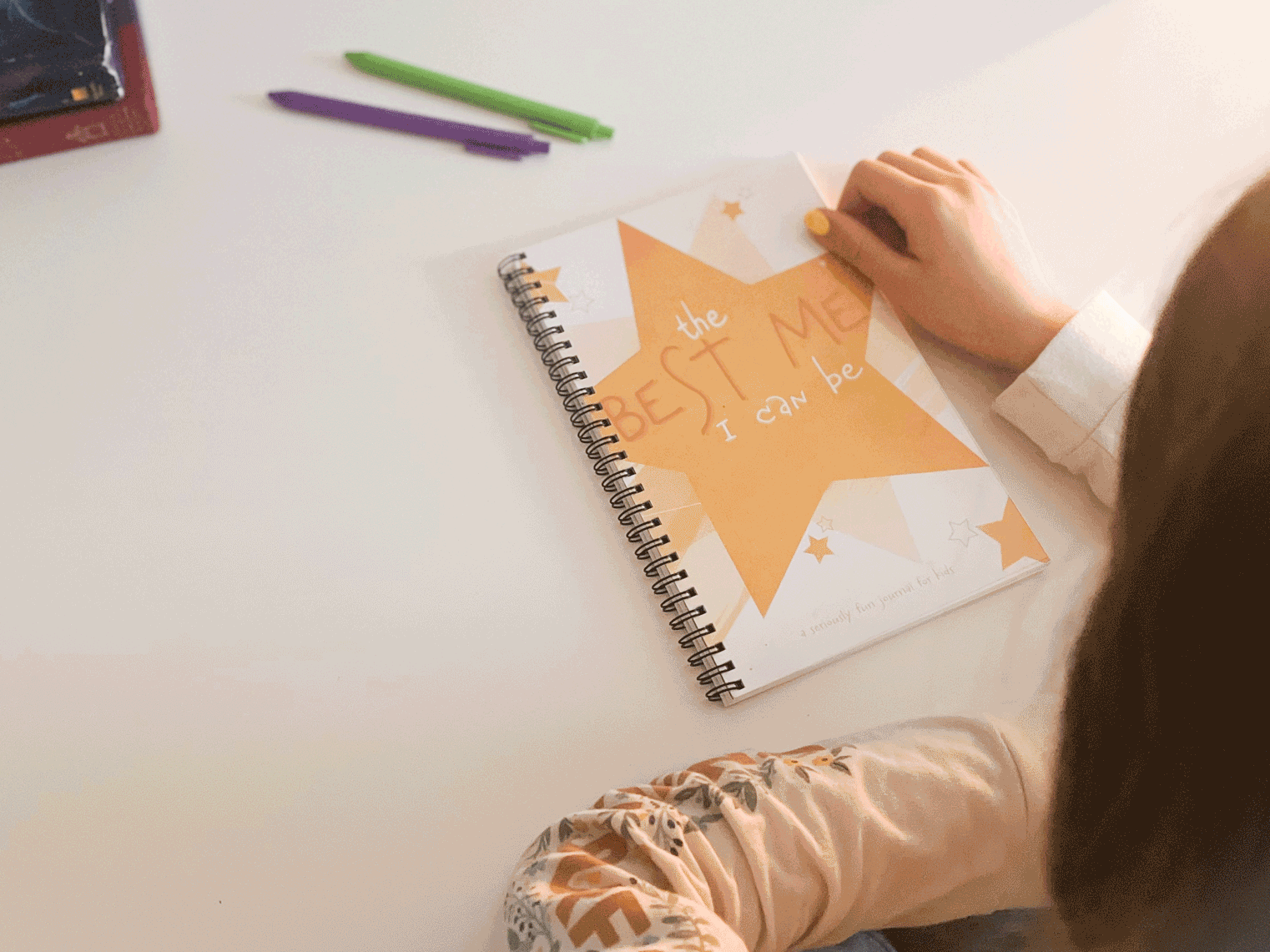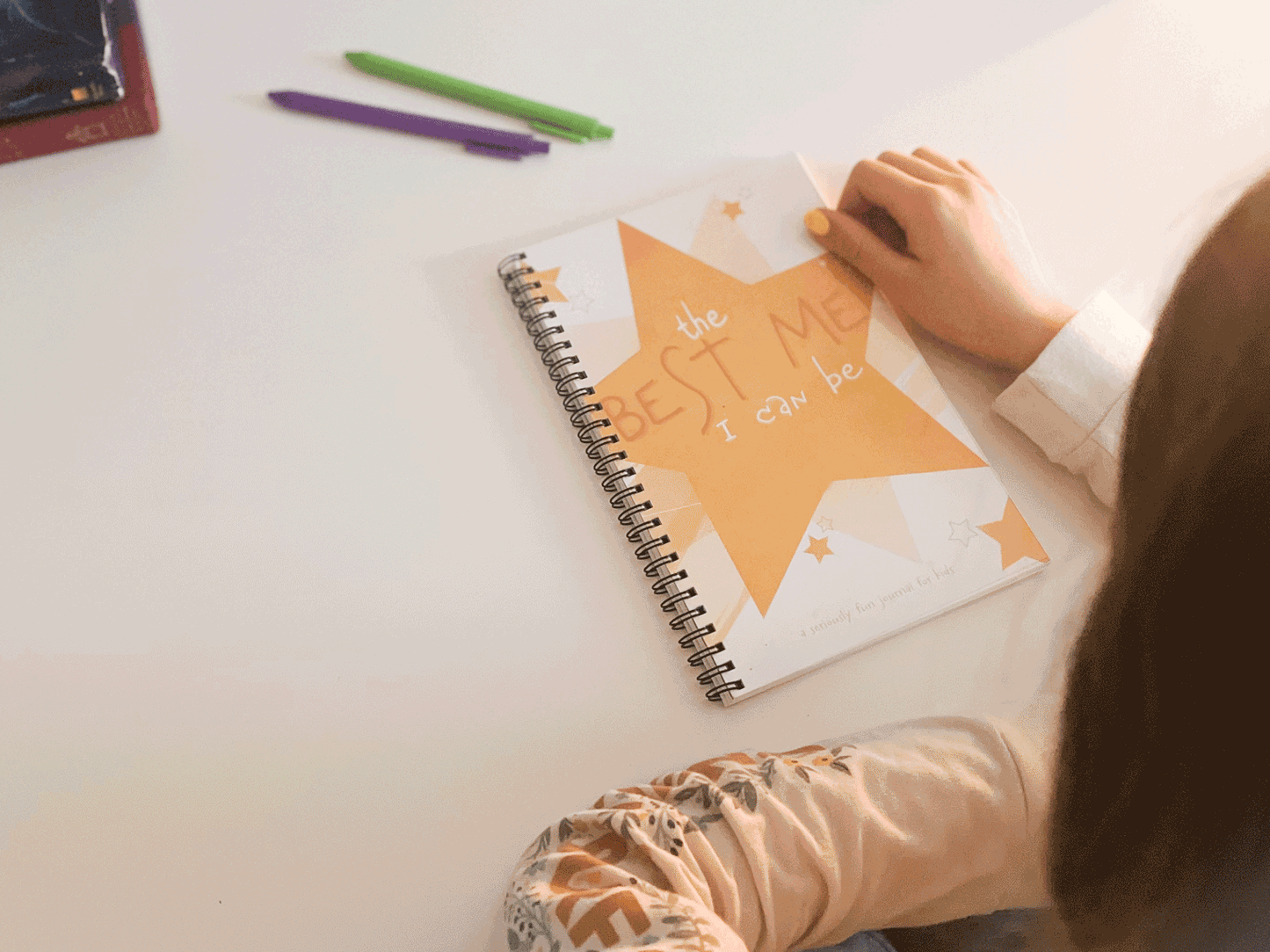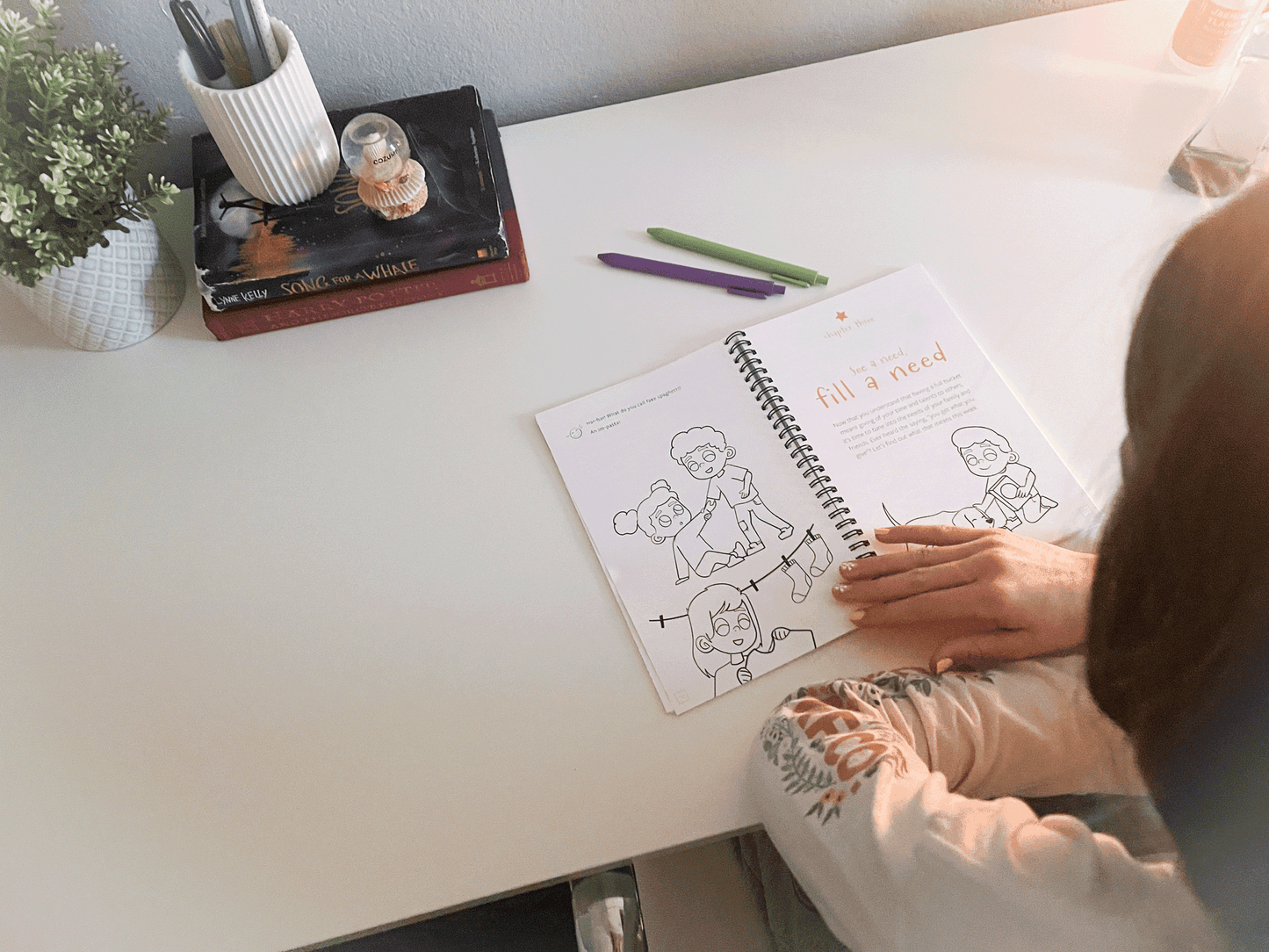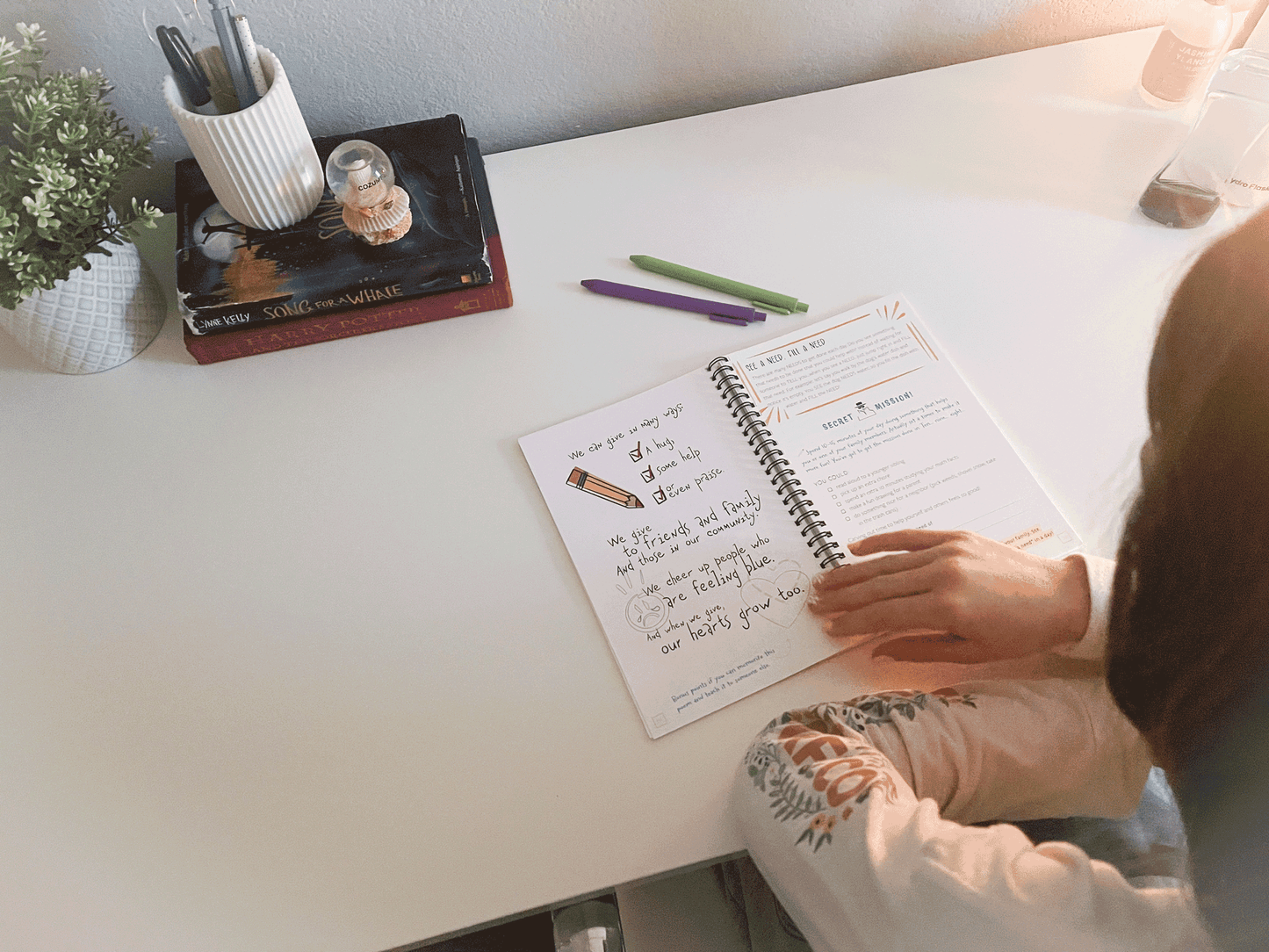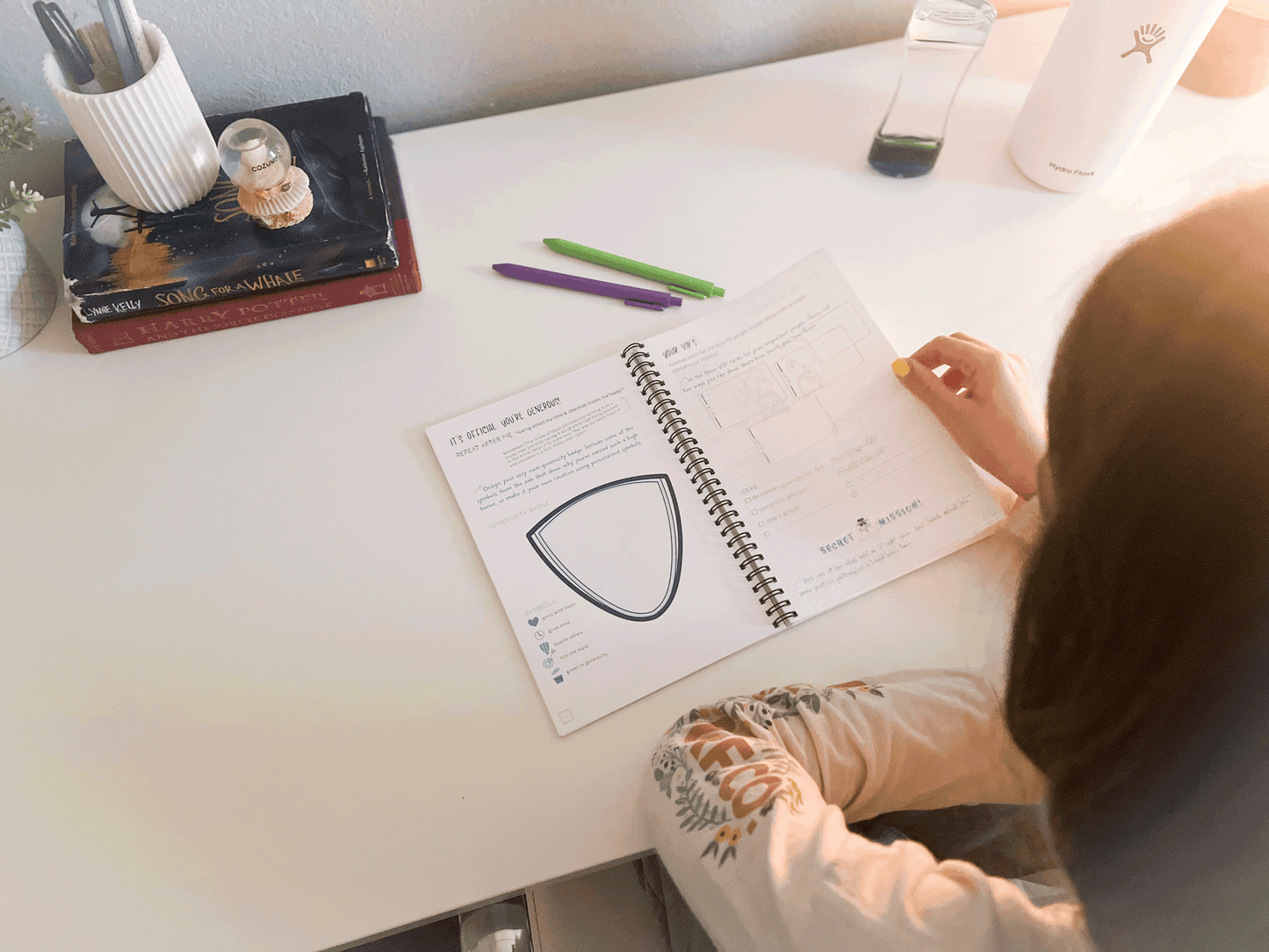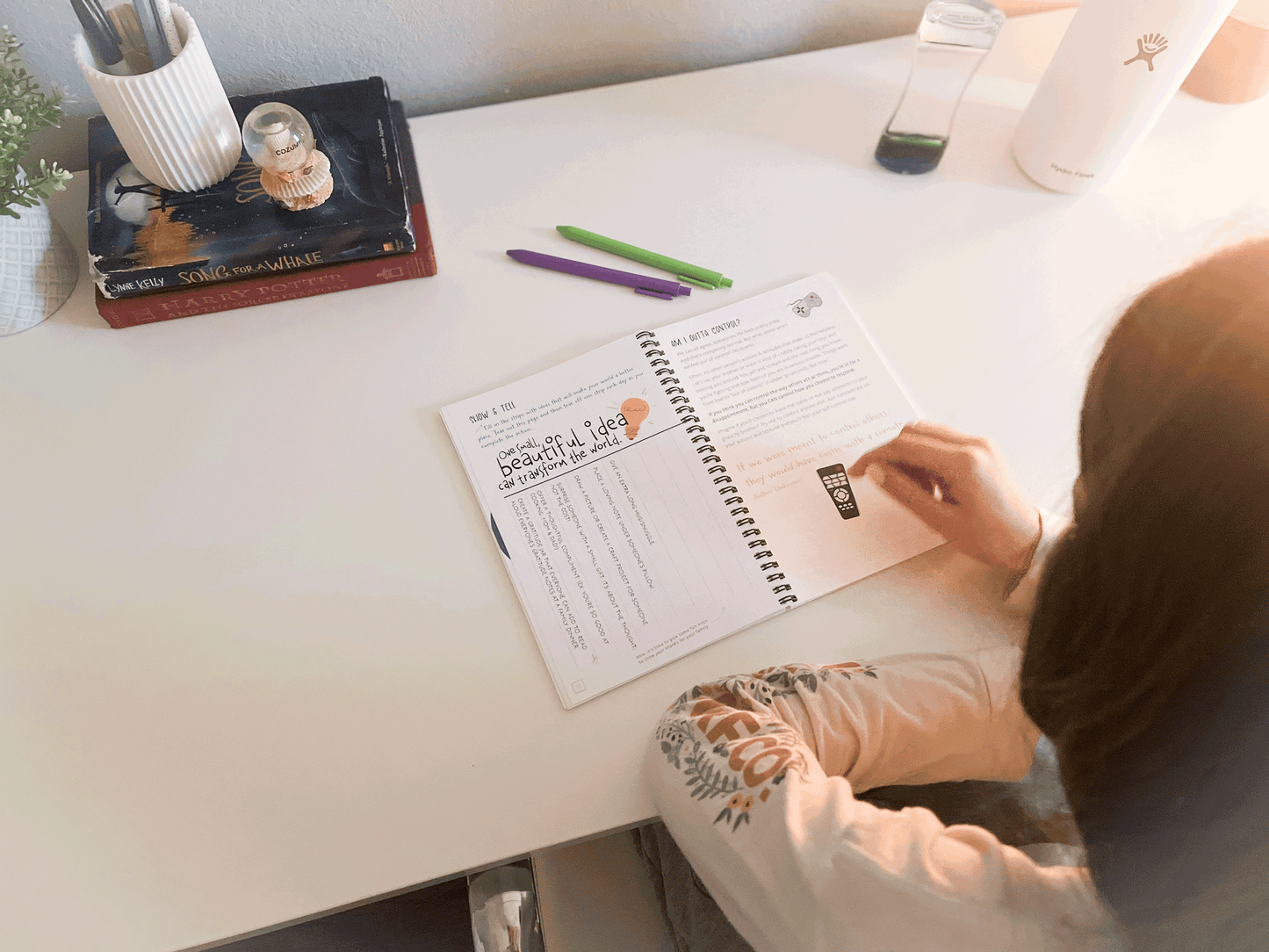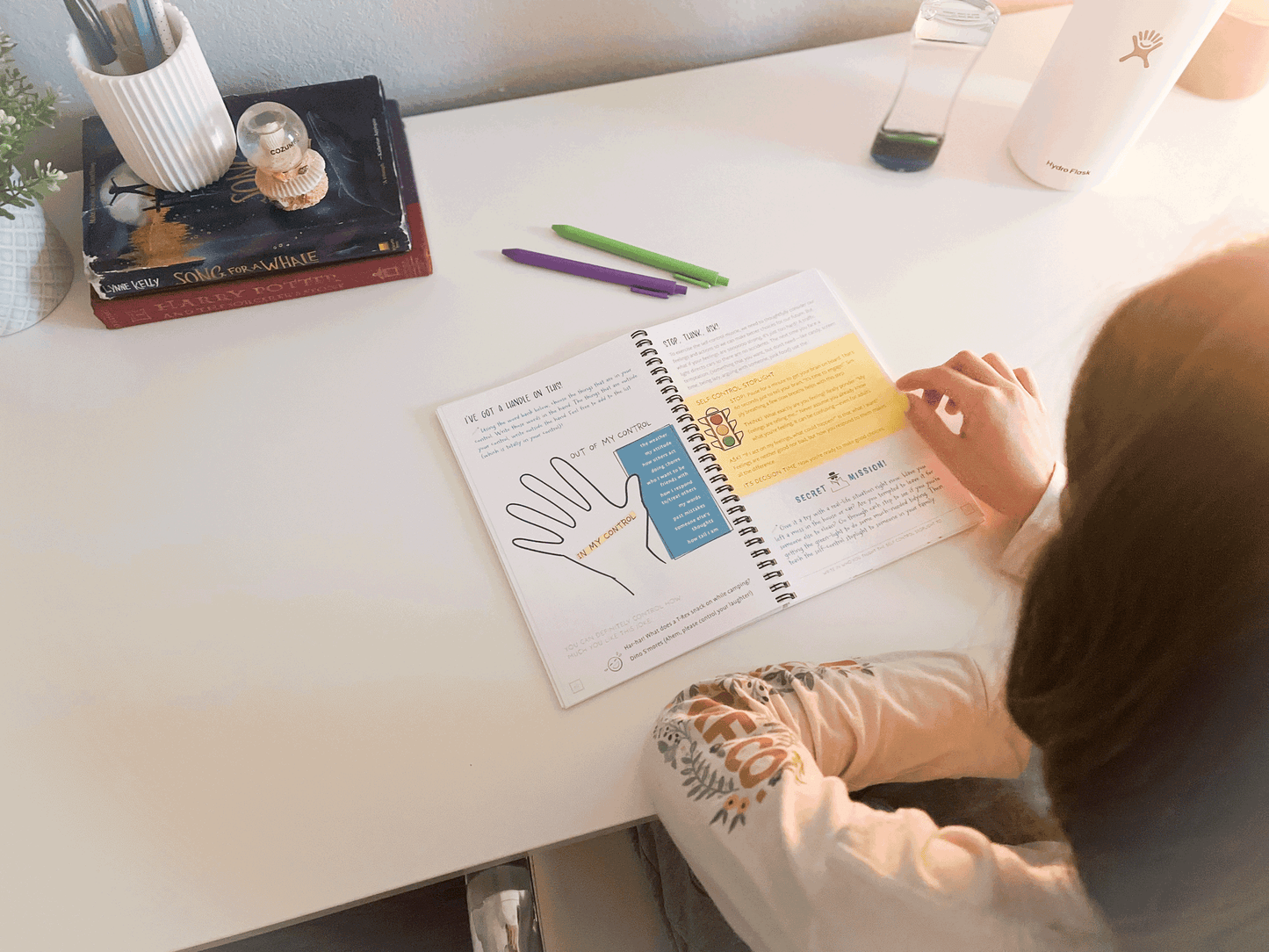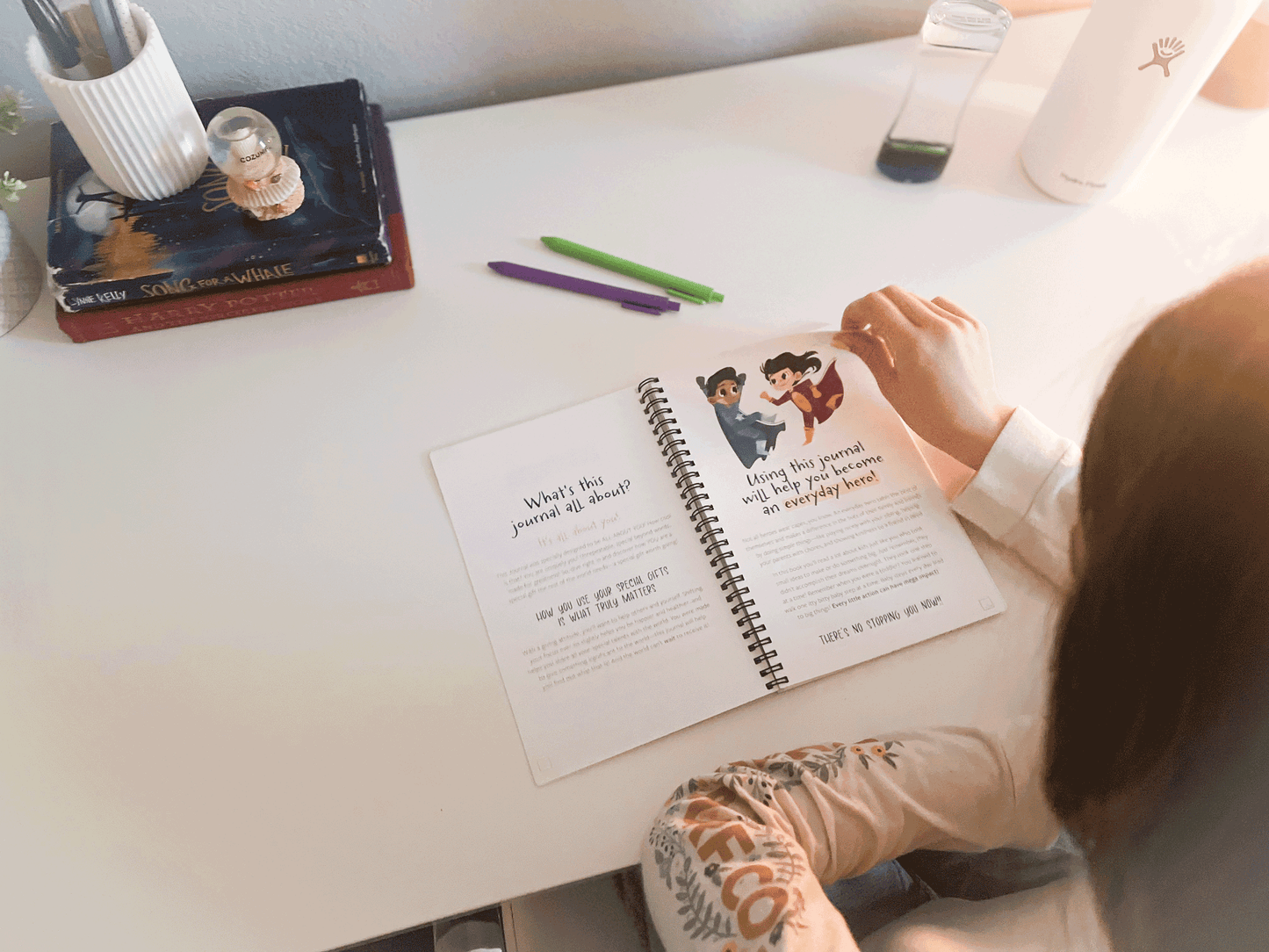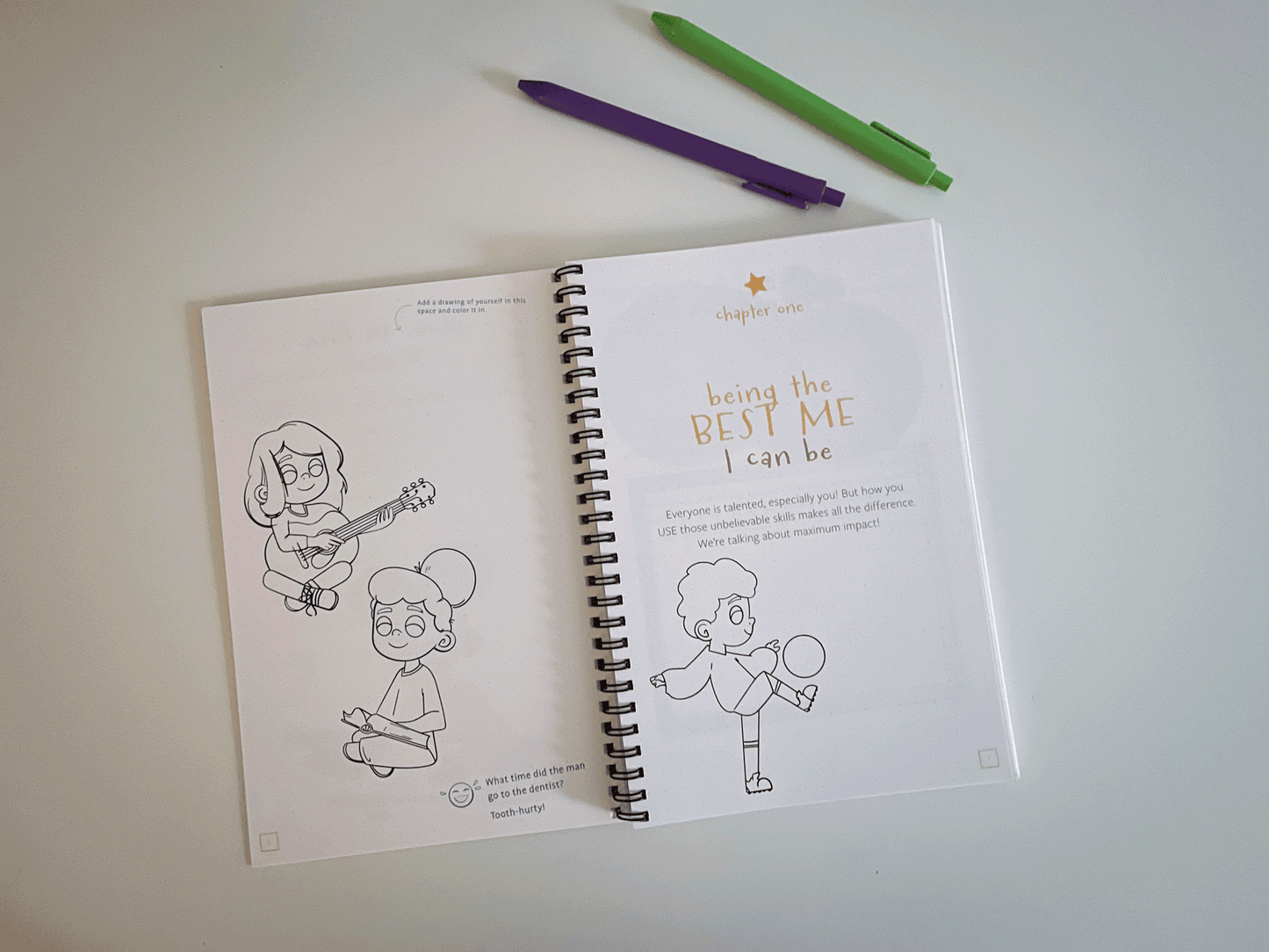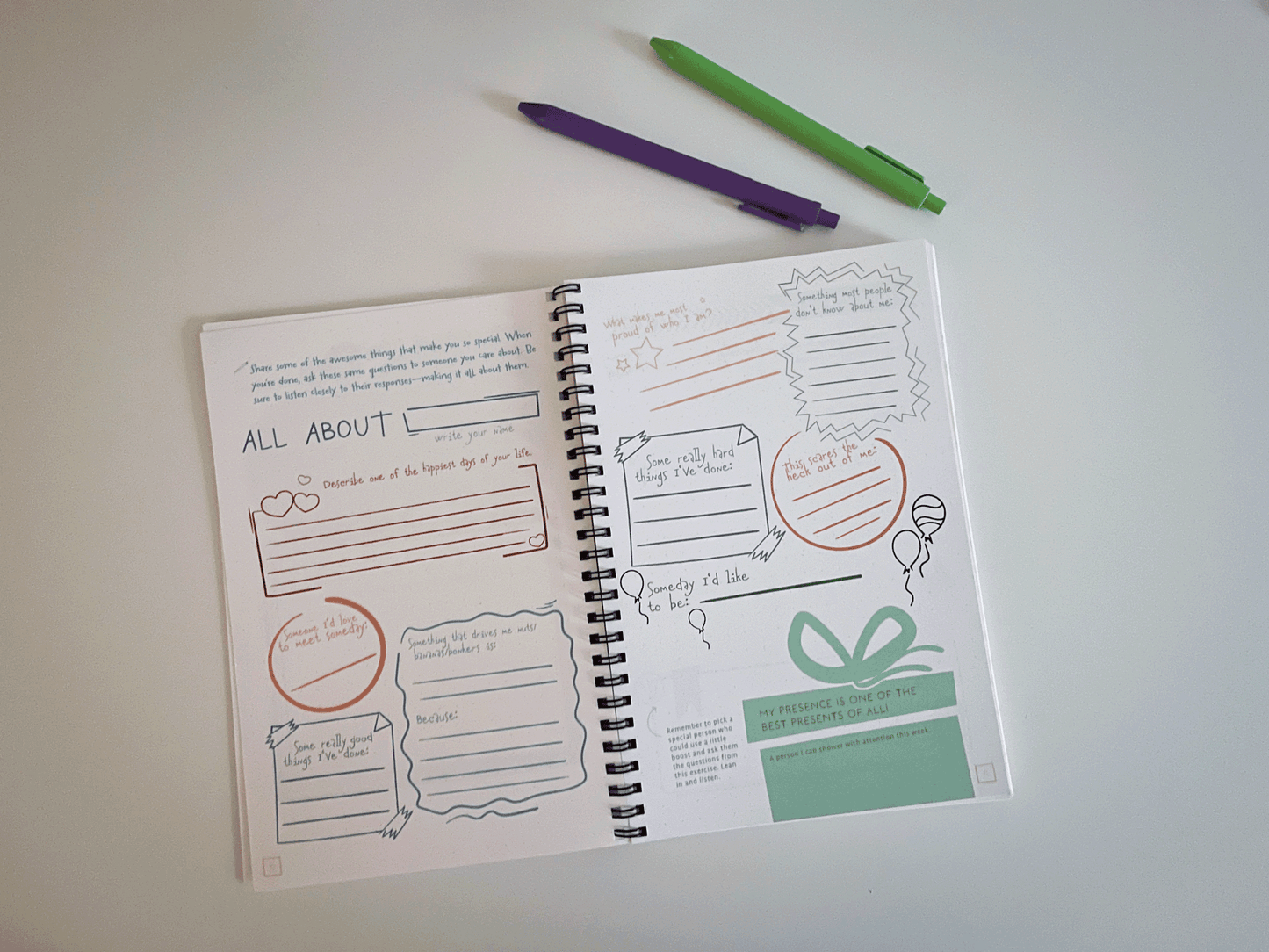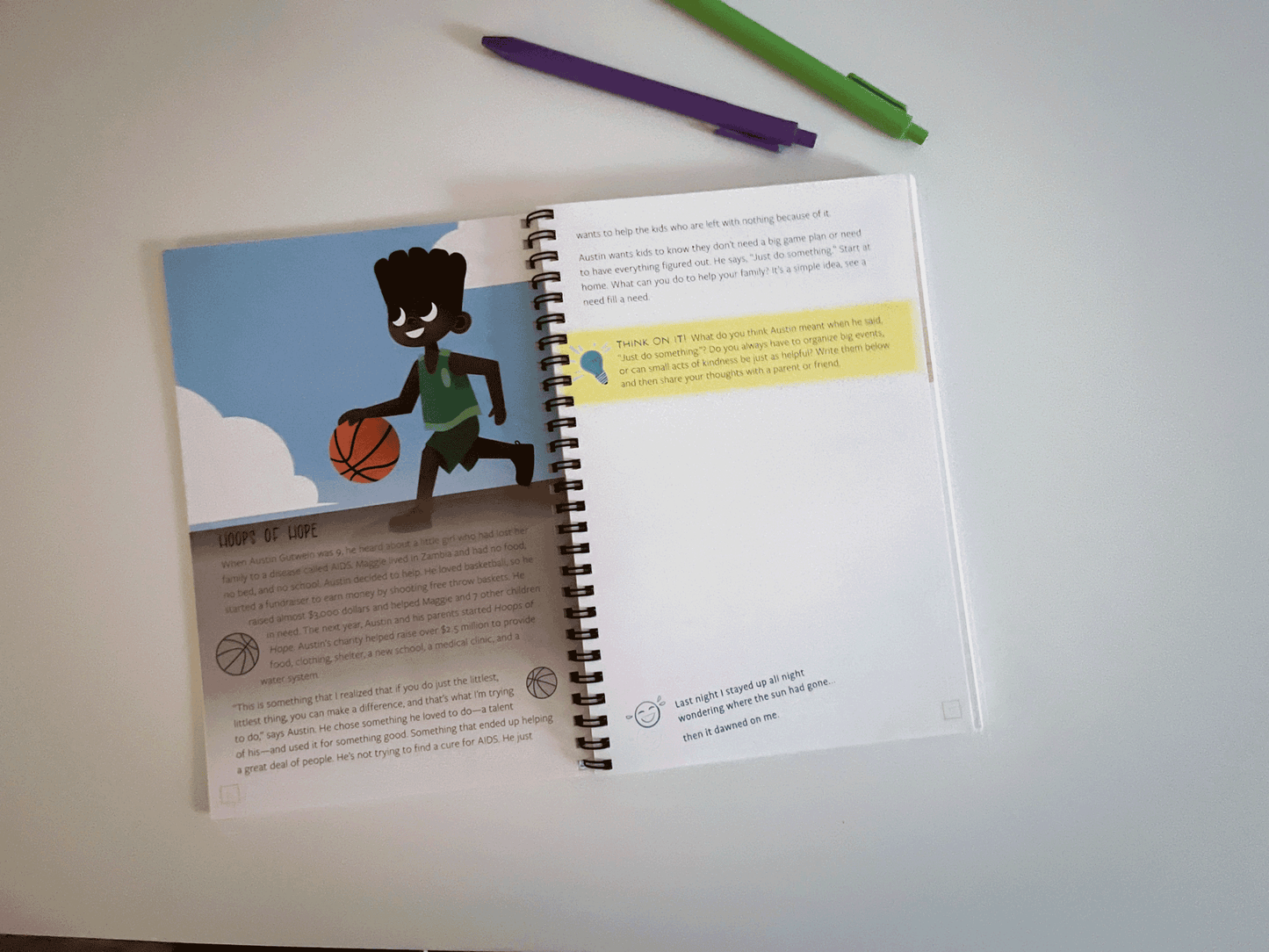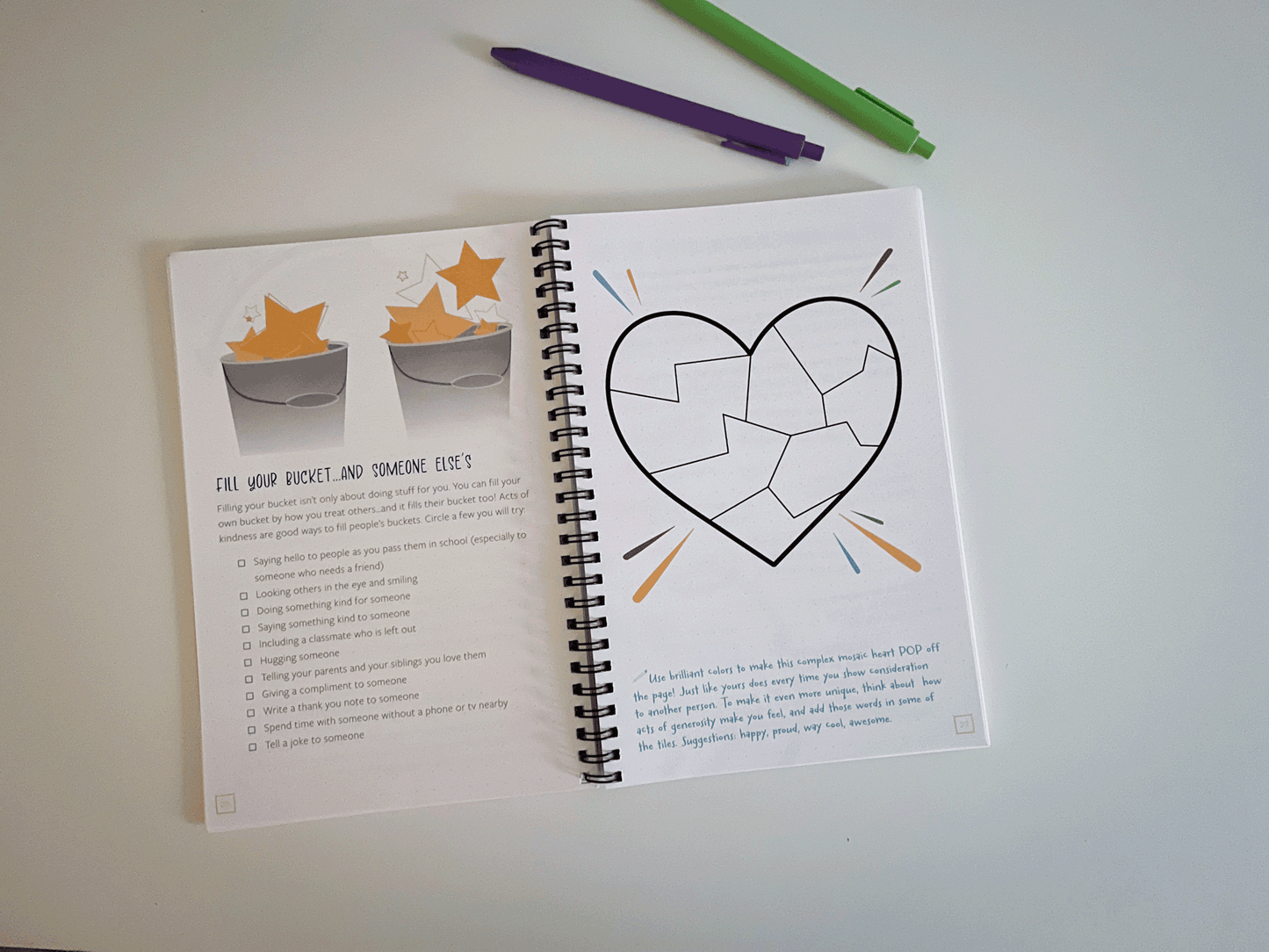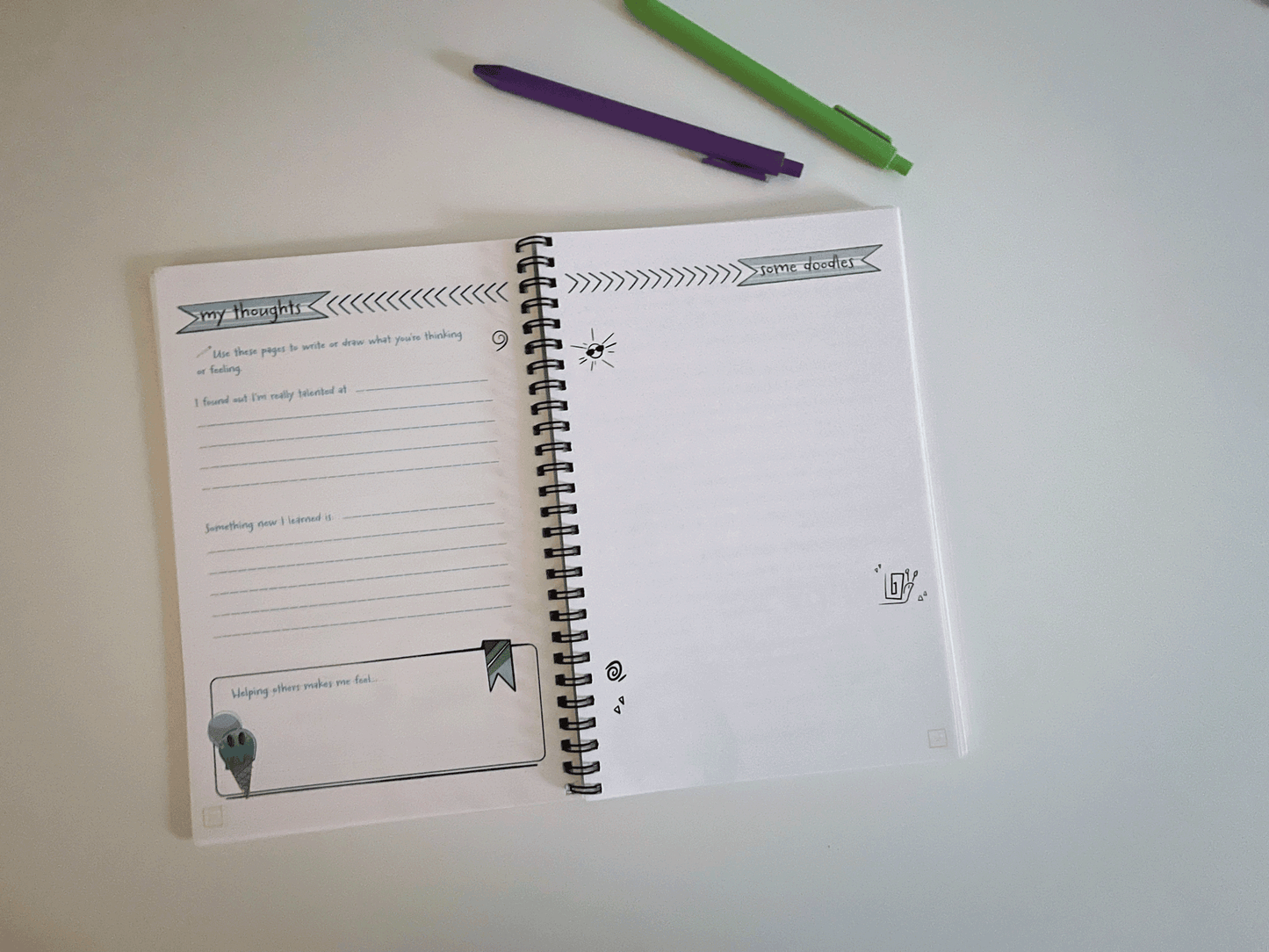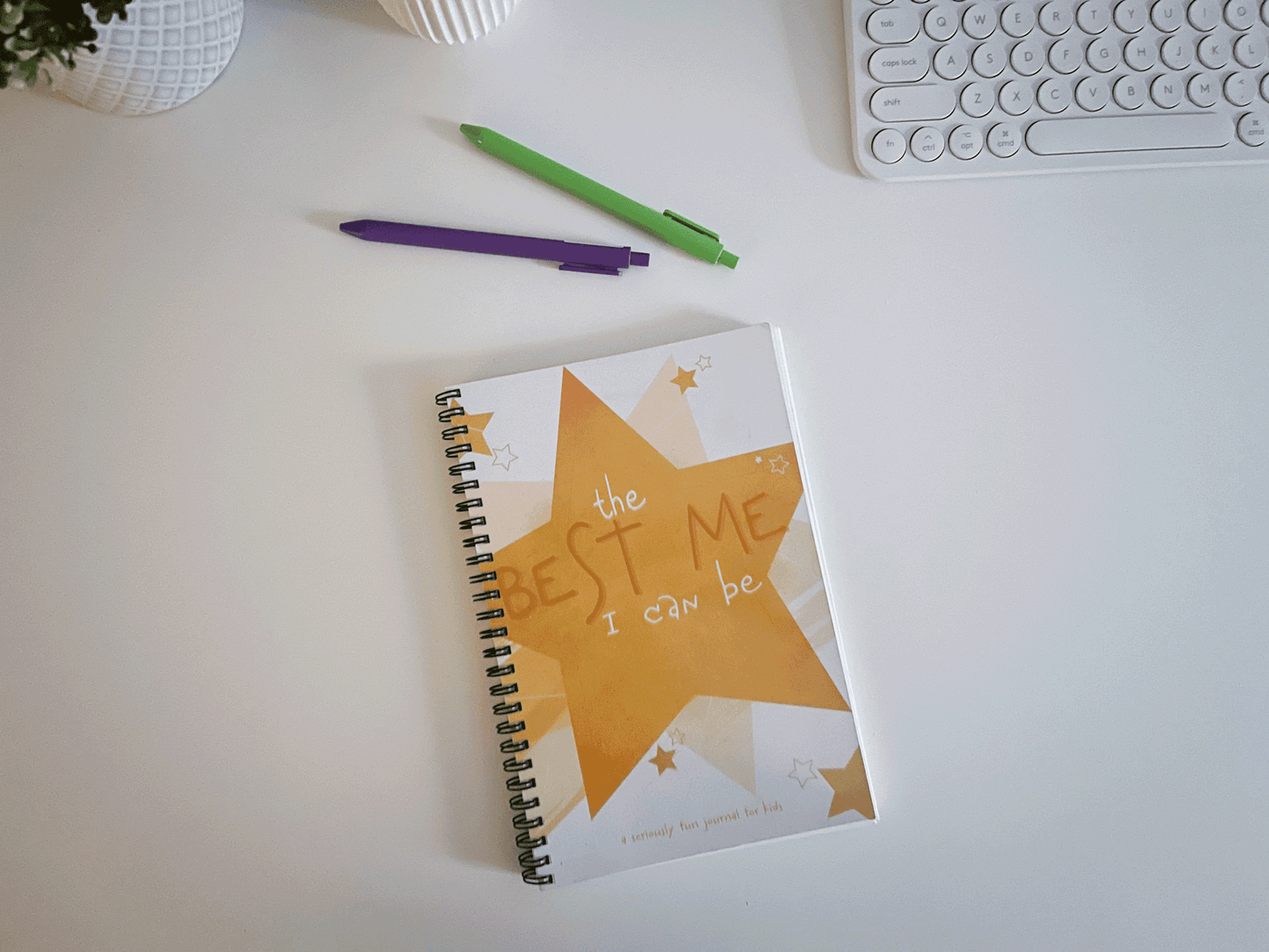How to Teach Your Child About Human Dignity
Guest Author
We feel respected when we are fully seen by someone. A quick glance around reveals that most of us are respecting our devices more than the actual human beings in front of us. Sadly, respecting others is NOT a standard practice in our families or culture. Look no further than your social media feed to see outright disrespect towards others who disagree, or take a different approach on an issue…or rush hour traffic. How dare you try to get in MY lane?! BEEEEEEP!
I won’t ask you to raise your hand, but gimme an amen if you’ve ever needed to find something and spent 30 minutes traipsing aisles at a big box store trying to locate help! And when you finally spotted a teen-aged salesperson, he made you feel like your question was a major imposition. Did that 17-year-old’s parents take the time to teach him what it means to respect others? Respect is not a one-and-done lesson.
As a young child, learning about the holocaust and the civil rights movement made a profound effect on me and the way I viewed the human person. I remember being dismayed and in complete shock that anyone could treat another human being as though they were nothing. I couldn’t believe people were treated with such little love and respect.
Unfortunately, this lack of respect for human dignity continues to this day and is the reality of the world we live in. However, it does not have to be this way. We can all be advocates for change by treating others with the dignity and respect that they are inherently entitled to. Eleanor Roosevelt said, “Where, after all, do universal human rights begin? In small places, close to home - so close and so small that they cannot be seen on any maps of the world. Yet they are the world of the individual person; the neighborhood he lives in; the school or college he attends; the factory, farm, or office where he works. Such are the places where every man, woman, and child seeks equal justice, equal opportunity, equal dignity without discrimination. Unless these rights have meaning there, they have little meaning anywhere. Without concerted citizen action to uphold them close to home, we shall look in vain for progress in the larger world.”
Eleanor Roosevelt was one of the many people who advocated for human dignity to be restored through the Universal Declaration of Human Rights, which was adapted in 1945 by the United Nations. One of the many reasons the The Universal Declaration of Human Rights was established was to reaffirm faith in fundamental human rights, in the dignity and worth of the human person. There are thirty articles of human rights in the declaration which defend values such as, the right to life and we are all born free and equal.
What are we doing to uphold human dignity within our homes, community and world? Do we treat our neighbors with the love and respect they deserve despite their age, gender, race, color, religion, etc? Do we see others as a gift? What are we doing to teach our children about human worth?
Regularly practicing respect in little ways within our own families becomes the foundation for restoring the dignity of all humans in our society: the vulnerable, oppressed, neglected, and persecuted. But, if we can’t bother to make eye contact with our loved ones, neighbors, or a customer in a store, we certainly won’t be able to stretch ourselves to overcome any knee-jerk discomfort and stereotypes when we encounter strangers who have different skin color, beliefs, or social status. By making a habit of being present to those in our lives we are forming kids who will model that behavior. We are honing their ability to focus on commonalities rather than differences in our shared humanity. Strong families rooted in respect is the answer to so many troubles in our world!
Human Dignity allows the virtuous life to be possible. When we treat others with justice, kindness, patience, respect, value and love we are being advocates for change. We are showing our children, communities and our world through our actions that human dignity is something that cannot be taken away; it is something that is innate in each and every one of us. In the video, The Story of Human Rights, they state that, “human rights are the choices we make every day as human beings. They are the responsibility we all share to respect each other, to help each other and to protect all those in need.” No matter who we are, where we live, what age we are, or what we believe, we all deserve to be loved and respected.
Here are a few ideas to help teach your children learn about Human Dignity:
-
Here is a short video on the thirty articles of human rights that would be worth watching with your children. After watching the video, discuss what each article means and how our communities and world would be better if we all treated each other with dignity and respect. You can also discuss current events along with the thirty articles in order to help your children understand how people are being treated around the world and what they can do to help. Ask them how they would feel if they were treated with such little respect. Lastly, you can apply the virtues to your discussion. Have your children list the virtues we live when we treat others with dignity and respect.
-
Volunteer- This will be dependent upon your child’s age, but volunteer with different organizations that will expose your child to different living situations of people within your community. For example, they can volunteer at a homeless shelter, nursing home, soup kitchen, or with veterans. They will see and hear many different examples of what it means to be human and that we all have value and worth..



